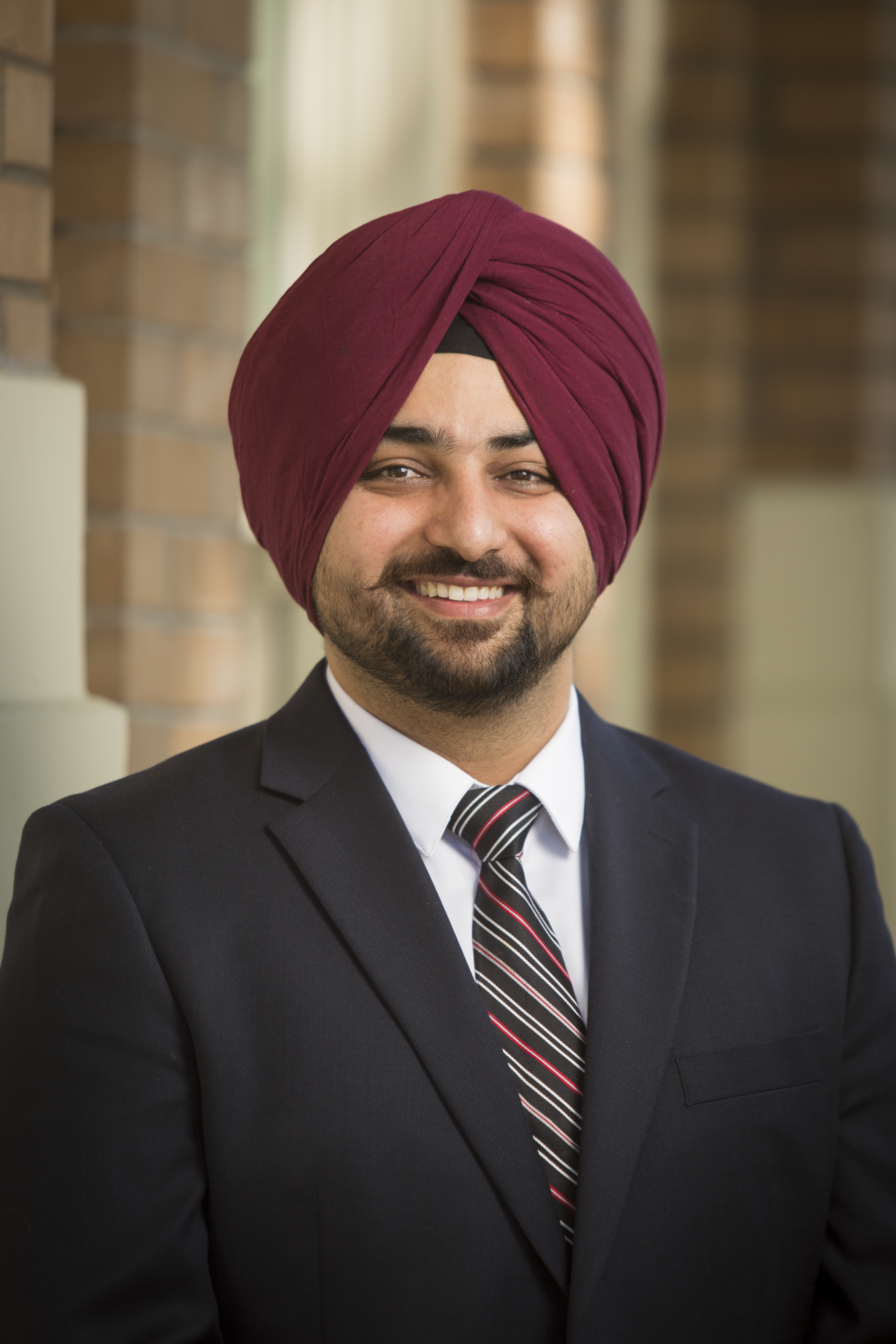
 Sukhsimranjit Singh has a superpower, steeped in an art form, derived from social science.
Sukhsimranjit Singh has a superpower, steeped in an art form, derived from social science.
He can negotiate.
Singh doesn’t use this power for evil; he doesn’t bend others to his will, he doesn’t manipulate to get what he’s after. He uses it for good; finding common ground, bridging cultures, fostering peace and harmony.
It sounds incredibly simple. Easy, almost. But one doesn’t need to look far to imagine the global possibilities that open up with such a skill. Imagine how different war might look, if only compromise could be reached. How an empathetic connection could dismantle racism, sexism, religious intolerance, fear and hatred.
“Love and compassion are the most powerful things within us,” Singh says. “But we subdue them with hatred and judgement.”
Singh is the associate director of the Center for Dispute Resolution within the law school at Willamette University, which he joined in 2008. He’s also a full-time member of the law faculty, an associate professor at the Atkinson Graduate School of Management, has consulted for the city of Salem, states of Oregon and California, and has worked in and taught mediation in 17 countries across the globe.
Legally, he explains, mediation is all about getting past a party’s position — I’m right, you’re wrong — and getting at a party’s interests. As a professional mediator, he listens to both sides to find a mutually agreeable solution.
To illustrate his work, he tells a parable about two sisters who are fighting over an orange.
Both sisters want the orange for themselves. The obvious and fair solution would be to cut the orange in half. But neither sister is satisfied with this, and so the fighting resumes.
A mediator would ask each sister why she wants the orange. One sister says she wants the orange for cooking. The other wants the orange for its juice.
So the first sister gets the orange peel, for cooking. And the second sister gets the peeled orange, for juicing. Each sister gets their ‘whole’ of the orange.

In his mediation work, Singh says he likes to take the cases that others find impossible to solve. To him, every problem has a negotiable solution.
“I grew up in a different culture,” he says (Singh was born in Punjab, India, and came to the United States in 2004 to be closer to his sister). “So I’m able to empathize with different stories and be flexible in my thinking. I like to challenge myself.”
For his TED talk, Singh says he’ll discuss how people see each other, and how that interferes with negotiations; he’ll explain how different cultures interact with one another.
“It sort of gets at the question of what is culture,” he says. “Culture is omnipresent. It may be more attached to religion or law or family, but culture is an amalgamation. There are layers of culture, and culture changes over time.”
Indeed, listening to Singh’s TED talk may even provide participants with their own superpowers.
“The person you negotiate with most is yourself,” he says.
See Singh and 12 others speak at TEDxSalem Oct. 3.
The all-day event is $40 for students and $50 for the general public and includes talks, entertainment, participation in recess breaks, hands-on activities between sessions, plus food throughout the day (breakfast, coffee/tea/water, snacks and lunch), a gift bag and a few other goodies. Find your tickets here.